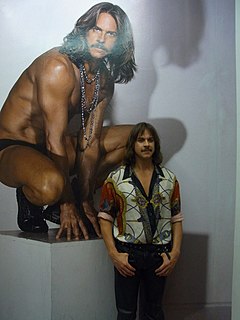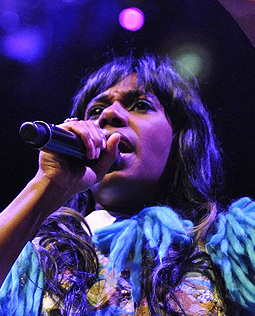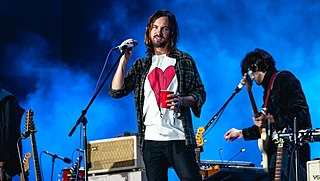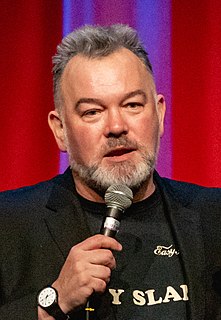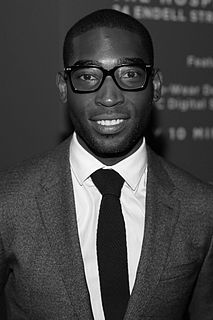A Quote by Aubrie Sellers
I grew up in the entertainment industry, and I think being around that gave me a different perspective on people and what's real and what's fake. I think about that a lot, and it comes out in my songs.
Related Quotes
I don't think about the audience, I don't think about what makes them happy, because there's no way for me to know. To try to think of what makes for entertainment is a very Japanese thing. The people who think like this are old-fashioned. They think of the audience as a mass, but in fact every person in the audience is different. So entertainment for everyone doesn't exist
There's a lot of different ways that a song would be a challenge to parody. There are a lot of songs that would ostensibly be a good candidate for parody, yet I can't think of a clever enough idea. Some songs are too repetitive for me to be able to fashion a humorous set of lyrics around. Some songs flat-out just don't work creatively for me.
The government is already involved from an entertainment standpoint. I mean, they regulate a large part of our entertainment. What we're trying to do as an industry is be proactive and drive it much more positively, much more effectively, than the government can, and that's what the ESA is all about[....]We think we're doing a pretty effective job, and certainly from an Nintendo perspective, we think the ESA is the way to go.
My parents had an independent theater company here in Sweden during the 1980s, so I was raised watching my parents create independently, having a lot of fun and just doing what they wanted to do. I think that idea of independence as an artist was something I was always used to. And then I entered the industry from a very commercial perspective, and things were very different then from what I grew up with.

